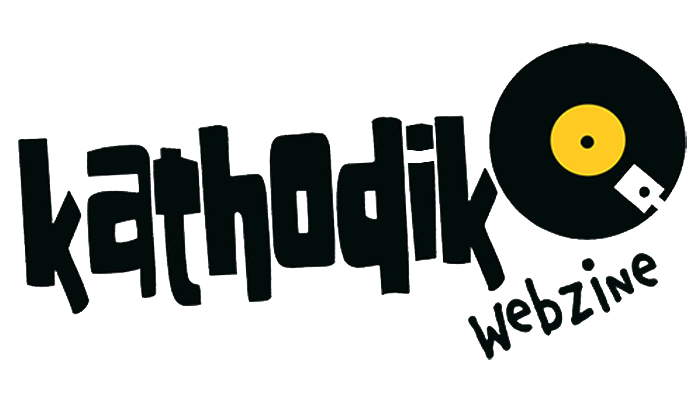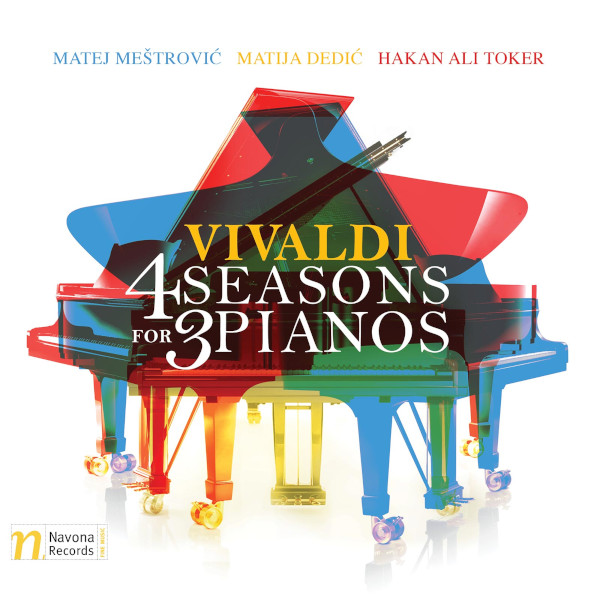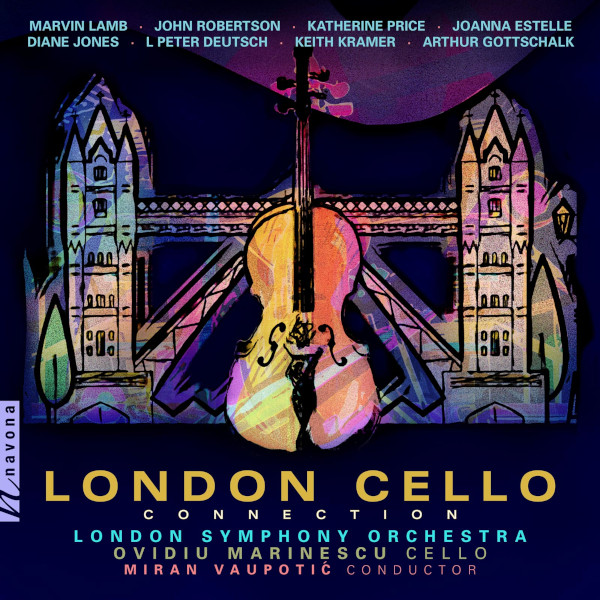
Parma Recordings is an American record label dedicated to the discovery and appreciation of contemporary classical, jazz, blues and world music; a label that, through inprints such as Navona, Ravello, Ansonica and Big Round, has been receiving special attention from Kathodik for years, especially through reviews of certain recordings produced by the label.
Parma pays special attention to artists who push the boundaries of contemporary music with their work, providing them with expertise and professionalism acquired over the years. After listening to and reviewing a large number of CDs, I decided it was time to learn more about the label and the philosophy behind it, and I interviewed founder and director Bob Lord to get him to talk about the label, from its beginnings to its future projects, providing a fascinating look behind the scenes at Parma Recordings. Here is what he told us
Here you can find the Italian Translation
How did the idea of founding PARMA Recordings come about?
PARMA’s formation in 2008 was the direct outgrowth of my own experience as a recording and performing artist. I saw the need for a top-quality, artist-focused contemporary classical music production company, one with the goal of offering what I always wanted as an artist myself: all the control and none of the responsibility.
Our aim was, and is, to provide a powerful platform where we help artists bring their vision to reality, enable them to collaborate with some of the finest talent in the world, and then shepherd, preserve, and share the work that results on their behalf.

What are the reasons why you have decided to focus on classical and contemporary music? Are there other genres of music you produce and release?
Our focus on classical and contemporary is first and foremost a love of the genre, of the format, of the music itself, and also a desire to champion an artform which is rich in tradition yet ripe for innovation. This extends to jazz, world, electronic, and other genres which put the artistic ideal first, and we deal with all styles those and more.
Yet a hallmark of PARMA‘s work is the imprint of a unique stamp on music from that tradition, such as the FOUR SEASONS FOR THREE PIANOS release by Matej Meštrović which brilliantly “Balkanizes” the Vivaldi classic, or crafting new ideas out of established forms, like our LONDON CELLO CONNECTION, featuring the London Symphony Orchestra and cellist Ovidiu Marinescu performing an entire program of miniature concertos. Why only do what’s been done before?
Why did you choose to create multiple label imprints to release the music PARMA produces?
As an omnivorous listener of music, I wanted to have the production freedom to work in genres I loved while keeping the company’s primary focus on contemporary classical music. You can think of the labels as different performers or stages or even food stands at a festival – it’s all part of one curated presentation, but with many diverging experiences inside of it.
Each label has its own focus: Navona (which has released two albums that went on to win Grammy Awards) for classical both contemporary and repertoire, Ravello for more experimental fare still based in the contemporary classical realm, Ansonica for world music, and Big Round for jazz, blues, and more.
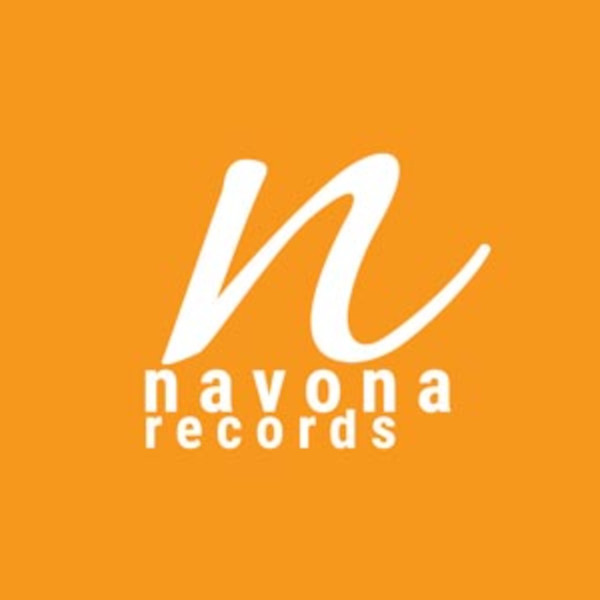
PARMA’s products have traditionally been presented in both digital and physical format, but in recent years the majority have been digital. What formats do you think are best for the distribution of your music? Do you also release music on vinyl?
The eternal question! For our lifetimes I suspect, at least. We provide a variety of presentations for our products, including vinyl, but we have seen that the most effective – and scalable – for us is digital, from streaming audio to visual albums to YouTube videos. It is always gratifying to see an album or a track take hold in the market in a way that CDs simply do not anymore.
However, we’ve seen that what used to be the “standard” product configuration is now a de facto “deluxe product” simply because of the shift in the market and the scarcity of physical product. From a live performance perspective, that artefact of the experience, that tactile item, be it a piece of vinyl or a book or a box or a bag, is still for many artists the best way to transmit their art. But hey, I still bring hardcover books onto airplanes, so take it with a grain of salt.
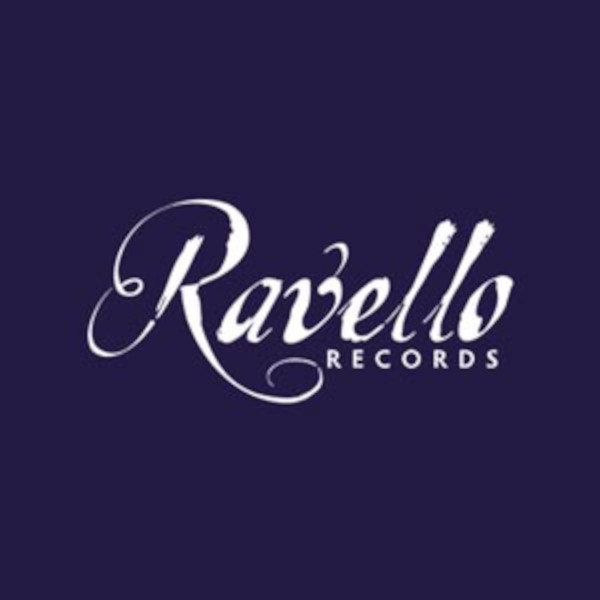
What do you think of co-productions between record labels? It is a practice used in underground and experimental music, but less present in classical music. Do you think this is a possible hypothesis also for PARMA?
Absolutely, we would love to do a collab! I’m all ears.
In addition to recording and releasing music, PARMA also works in the areas of promotion, publishing, web development, video production, and more. How did you decide to spread into these other areas?
Again, this was a natural evolution, a gradual expansion of both what we wanted to do and what we needed to do for our projects. Diversification into publishing, web development, video production, marketing and other areas was a natural progression, and it led to us forming our digital agency arm, PARMA Creative, to offer more comprehensive support for our artists extending beyond recording and releasing music.
Each new venture has been a further step towards an integrated approach to supporting our projects, which is one of the functions I feel we serve so well for our artists.

Do you think it is important to use social media to promote contemporary music?
When we started there was no TikTok, Netflix was still delivering physical discs, and Spotify was launched literally days prior. Tools are there to be used, so to whatever degree makes sense for you or your art or your business or all of the above, use ‘em.
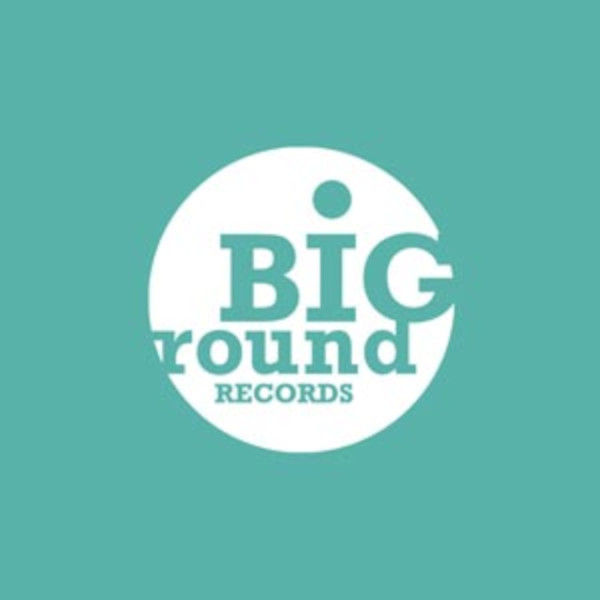
How do you see the future of Classical and Contemporary music?
I am encouraged by the continued diversification of musical styles, approaches, and voices that we see unfolding in the market, and then also by the constant convergence of these expressions which form entirely new musical pathways. Despite the pitfalls of the digital age (the disappearance of tracks and albums being one of them), what has been unlocked is a vast world of art, so much of which we would have never touched if not for technical innovation.
I think we’ll continue to see classical evolve from a compositional standpoint and perhaps more prominently so, in a live setting, in part due to these technical advances. Audiences are seeking new combinations, new ideas, new experiences, so let’s give them what they want.
Link: Parma Recordings Home Page
Link: Parma Recordings Facebook Page
Link: Parma Recordings Twitter Profile
Link: Parma Recordings Instagram Profile
